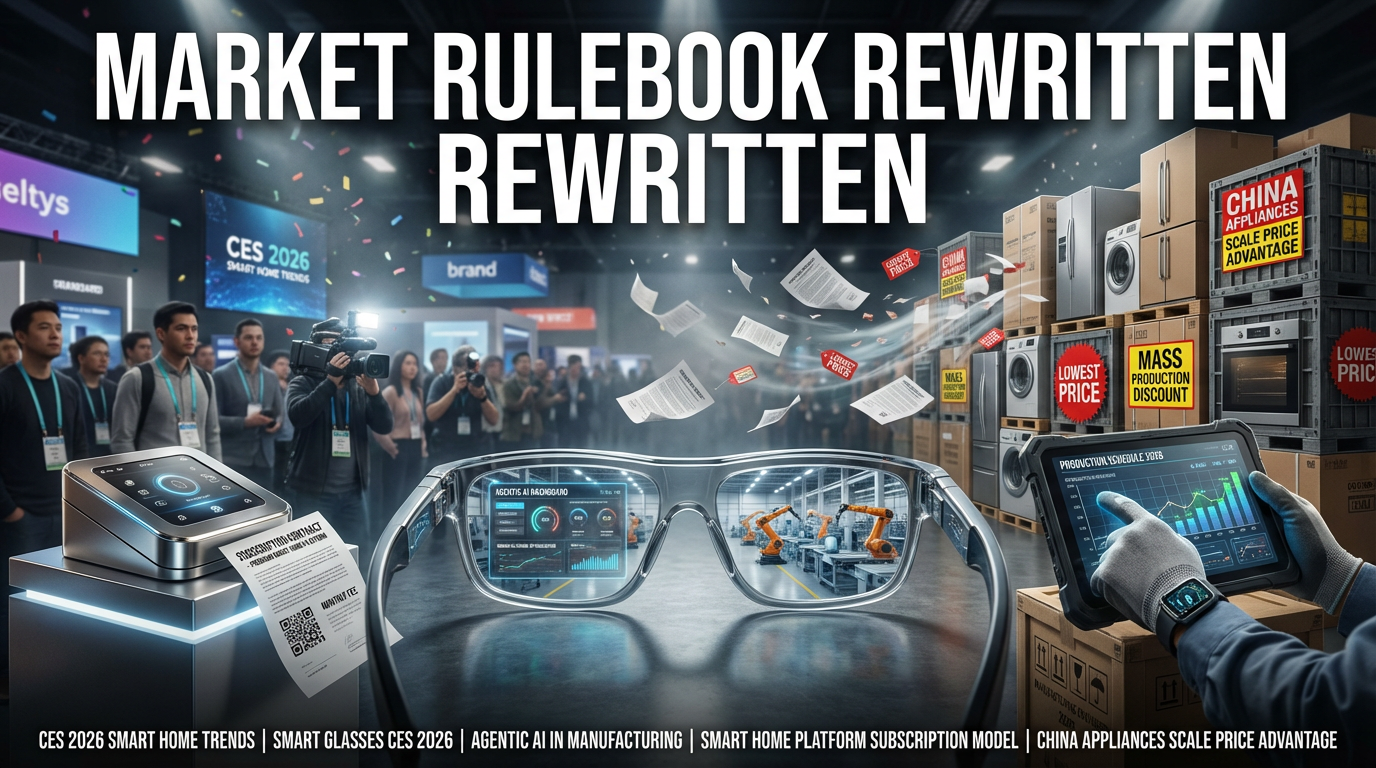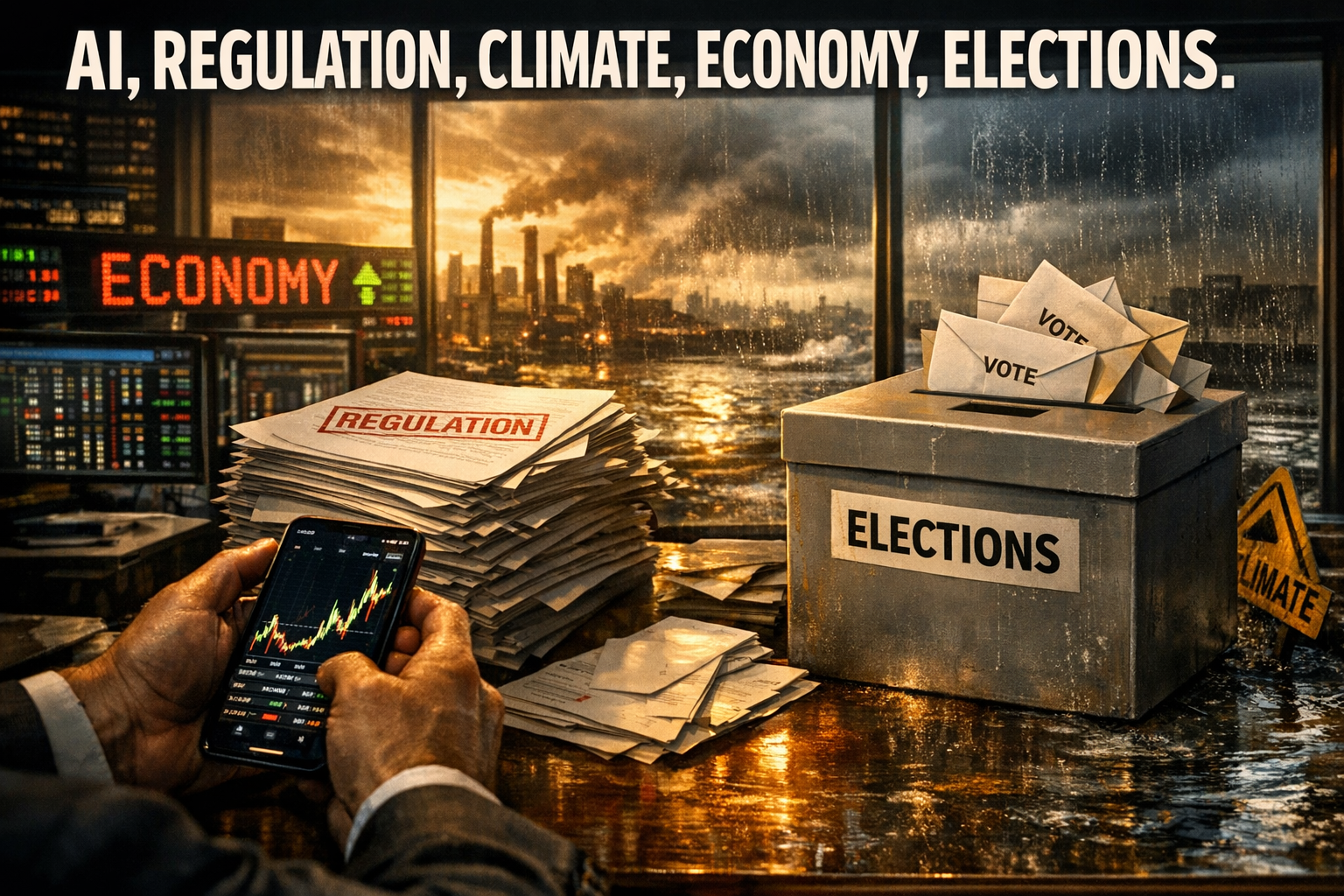● Quantum Computer Revolution Unveiled
Global Economic Outlook Led by Cutting-Edge AI and Quantum Computing
1. The Flow of Technological Innovation and Epochal Shift
Currently, we are directly witnessing the latest technology trends announced at AI international conferences and advanced technology exhibitions.
In particular, the innovations in the fields of AI and quantum computers have the potential to completely overturn existing computing methods.
Along with attempts to control unpredictable phenomena by applying the laws of nature, they are transforming into tools to solve previously impossible problems.
2. Principles and Differentiation of Quantum Computers
Unlike conventional binary-based computers, quantum computers use qubits as units of information.
Thanks to the superposition state that allows qubits to have both 0 and 1 states simultaneously, they can calculate numerous paths at the same time.
Due to these characteristics, they are emerging as innovative tools that can solve problems that were impossible for existing supercomputers to solve in a short period of time.
3. Global Technology Competition and Investment Trends
Major countries such as the United States and China are making massive investments to secure competitiveness in AI, quantum computers, and advanced technologies.
The United States is focusing on related bills and increased investment for national security and industrial hegemony, and companies such as IBM are at the forefront of developing the latest quantum chips.
China is also revealing a strong presence in the quantum field through large-scale government-led development and patent competition.
4. Industrial Innovation and Applications
Quantum computers are expected to be applied in a wide range of fields, including the collapse of cryptographic systems, new drug development, climate crisis response, and personalized medicine.
With the development of error correction technology and control equipment, it is expected to lead to innovation in existing industries, such as real-time clinical data analysis and automation of industrial sites.
In particular, the emergence of quantum computers in various industries such as manufacturing, finance, and pharmaceuticals is expected to bring about a paradigm shift in the global economy.
5. Future Prospects and Preparation Tasks
As quantum computers approach commercialization, the need to redefine security threats and existing cryptographic systems is emerging.
Although it is an advanced technology that turns uncertainty into opportunity, it is also approaching countries and companies as a strategic task.
Domestic and foreign ventures and large corporations are already developing solutions that can be applied across the industry beyond the laboratory, and are preparing in line with the global economic and industrial innovation trends.
< Summary >
Focusing on the latest AI international conferences and global quantum computer technology development,
Innovations applying the laws of nature and quantum mechanics are expected to completely change existing computing and cryptographic systems.
The advanced technology investment competition underway mainly in the United States and China is leading to industrial innovation in the AI and quantum computer fields.
Various applications of quantum computers, such as real-time clinical analysis, financial security threat response, and new drug development, are foreshadowing major changes in the global economy.
These changes are a strategic task for countries and companies at the same time as the future technology hegemony competition, and will play a key role in building the future technology ecosystem.
</ Summary>
[Related Posts…]
AI Technology Innovation |
Quantum Computer Leap
*Source : [KBS 다큐] 봐도 봐도 모르겠는 ‘양자컴퓨터’의 모든 것 l KBS 다큐 인사이트 – 퀀텀: 두 번째 불의 발견, 양자컴퓨터 25.06.12 방송

● Xi’s Power, Waning; Taiwan, Indefensible-Or-Unsurrenderable?
US-China Taiwan Conflict: Analysis Focusing on Strategic Conflict and Economic Outlook
1. U.S. Policy Towards China and Background of Development
The United States is pursuing a policy toward China on the premise of the possibility of conflict between China and Taiwan.
The U.S. government is trying to secure strategic interests while saving China’s face through gestures such as purchasing crude oil and agricultural products.
This move by the United States is intertwined with military and diplomatic strategies using legal devices such as the Taiwan Relations Act and the Taipei Act.
2. Xi Jinping’s Adventures and Internal Variables
Xi Jinping may consider an adventure to quickly occupy and subjugate Taiwan if the situation is favorable.
However, it is difficult to move rashly due to military power, internal political instability, and variables within the military.
Internal instability in China and weakening control are factors that limit Xi Jinping’s decisions.
3. Importance of Taiwan and Key Industries such as TSMC
Taiwan is not just a political issue, but a key semiconductor production base such as TSMC, which has a significant impact on the global economy.
Taiwan’s industry, including TSMC, is a key factor adding economic variables to the U.S.-China conflict.
Therefore, the Taiwan issue is expected to have a significant impact not only on military and diplomatic affairs but also on the economic outlook.
4. International Strategy and Military Redeployment in East Asia
East Asian countries such as the United States, Japan, and South Korea are seeking strategic flexibility in preparation for the U.S.-China conflict.
In particular, Korea needs to prepare strategic countermeasures in a complex security situation, including the deployment of U.S. troops in Korea and the North Korean nuclear issue.
It is necessary to regard the conflict between the U.S. and China as a constant and adjust strategic responses and companies’ autonomous defense strategies, even assuming the worst-case scenario.
5. The Importance of Conflict Constantization and Response Strategies
The U.S.-China conflict is a constant rather than a variable.
In this situation, companies must carefully prepare their strategic response plans.
At the national level, efforts to maintain clear diplomatic principles and core interests are essential.
The United States is pursuing policies based on the possibility of conflict between China and Taiwan.
Xi Jinping may seek adventure over the Taiwan issue, but is cautious due to internal politics and military limitations.
Taiwan’s key industries, such as TSMC, have a significant impact on the U.S.-China economic outlook,
Each East Asian country must seek strategic responses in preparation for the constant of the U.S.-China conflict.
The five major SEO keywords, U.S.-China conflict, Taiwan, TSMC, strategic response, and economic outlook, are naturally embedded throughout this article.
[Related Articles… Analysis of the US-China Conflict | Taiwan Strategic Outlook]
*YouTube Source: [경제 읽어주는 남자(김광석TV)]
– 시진핑의 권력, 예전같지 않다. 대만, 포기할 수도 지킬 수도 없게 되었다 | 경읽남과 토론합시다 | 강준영 교수 4편



